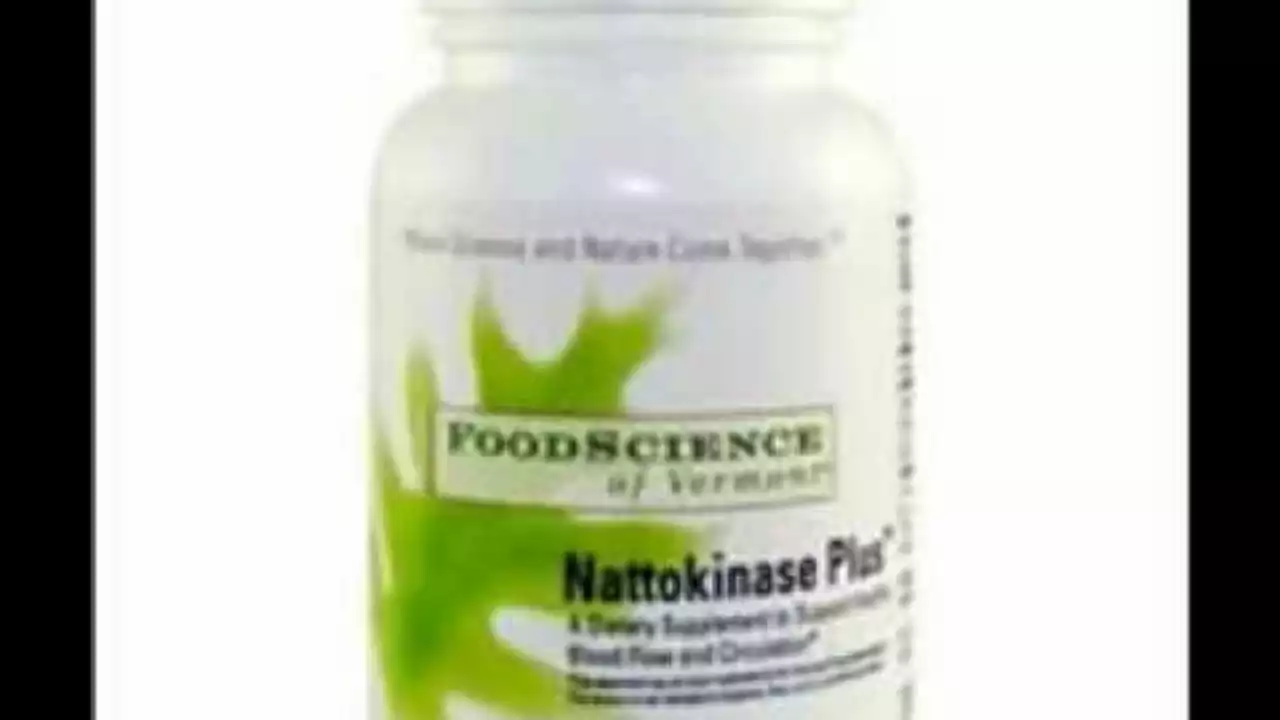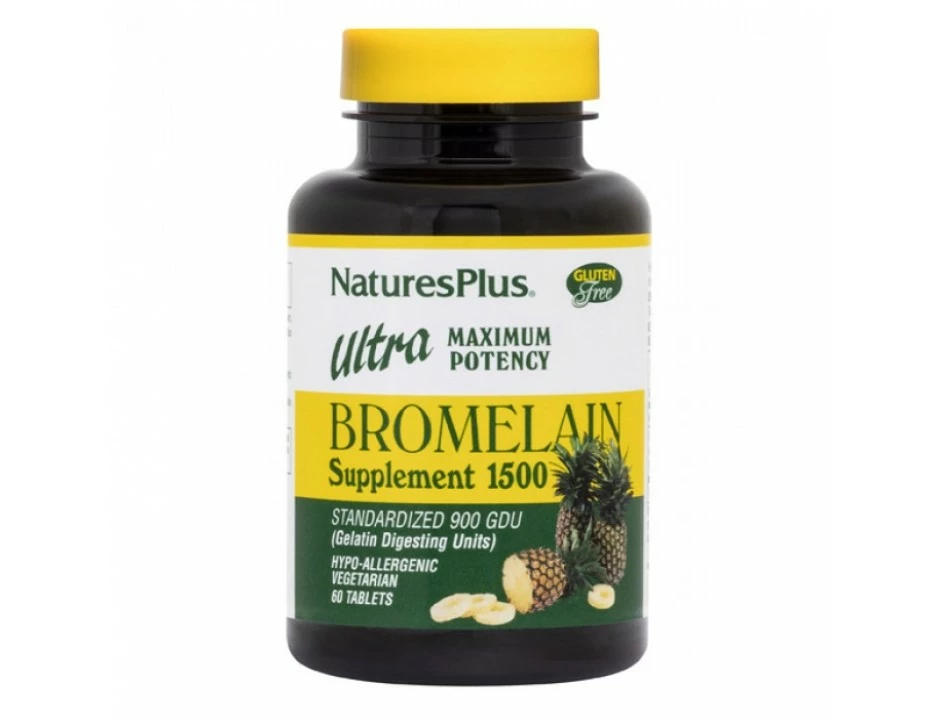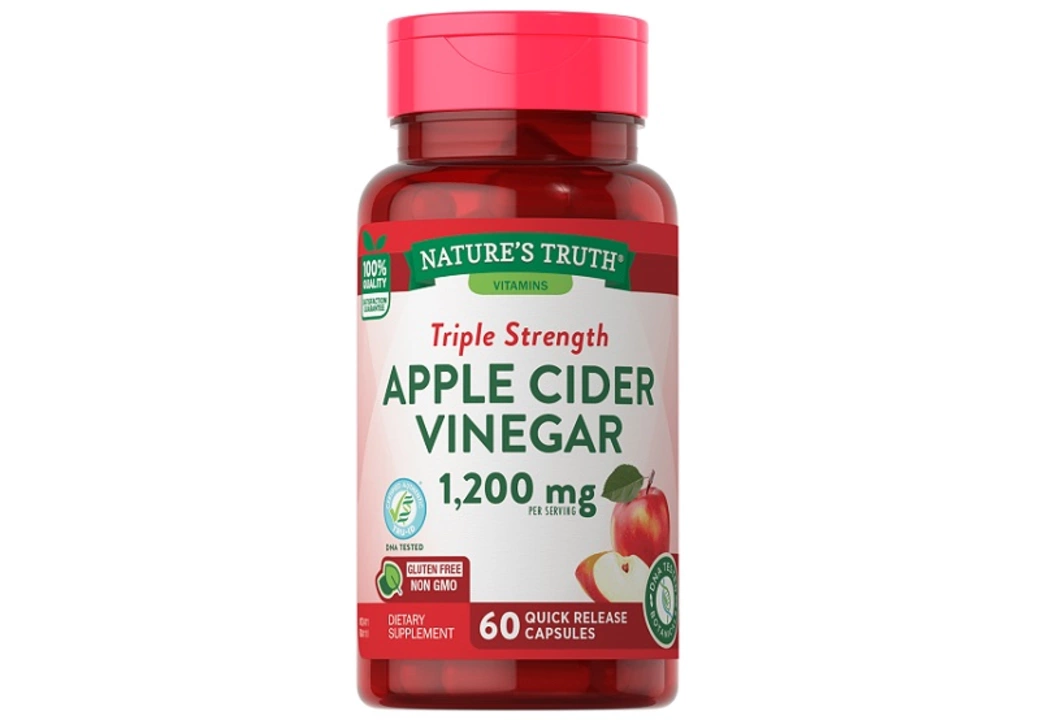Ever wondered if that bottle on the shelf actually helps? A dietary supplement is anything you swallow—vitamins, minerals, herbs, or specialized compounds—to add nutrients your body might miss. People use them for better energy, stronger immunity, or to support a specific health goal.
Most supplements fall into three buckets. First are the basics: multivitamins, calcium, iron, and other minerals that fill everyday gaps. Second are herbal extracts like ginkgo or turmeric, which claim natural anti‑inflammatory effects. Third are specialty compounds designed for a narrow purpose—think aspartates for mineral absorption or probiotic strains that calm bloating.
On our site you’ll find detailed looks at popular picks. The "Aspartates" article explains how these simple chemicals boost the way your body moves minerals into cells, making them a handy addition for athletes. The probiotics post breaks down which strains actually reduce abdominal distension and how to use them without overdoing it.
Not every label tells the truth. Start by checking if the product is third‑party tested—labs like USP or NSF put a seal on quality. Look for clear ingredient lists; avoid blends that hide exact amounts. If a claim sounds too good ("cures" anything), it probably isn’t backed by real data.
When you shop online, stick to reputable pharmacies or well‑known supplement retailers. Verify the site’s security, read customer reviews, and make sure they disclose where the product is manufactured. For prescription‑grade items like certain hormone boosters, a doctor’s approval is mandatory.
Finally, talk to your healthcare provider before mixing supplements with meds. Even natural products can interact—probiotics may affect antibiotic efficacy, and high doses of calcium can interfere with thyroid medication.
By knowing the types, checking for third‑party testing, and getting professional advice, you can turn a random shelf find into a useful tool for your health goals.

In my latest blog post, I dive into the underrated world of sodium as a dietary supplement. Surprisingly, despite its negative reputation, our bodies need sodium for a variety of critical functions such as maintaining fluid balance, nerve transmission, and muscle contractions. However, it's all about balance and moderation. Overconsumption can cause health issues, but adequate amounts can be beneficial. Check out the post to learn more about why sodium might be the supplement you need to try today.

In my latest blog post, I delve into the healing power of Tung Seed, a dietary supplement garnering attention in the health and wellness world. This comprehensive guide details its origin, health benefits and how to incorporate it into your daily routine. I've explored the scientific research behind its anti-inflammatory and antioxidant properties. The blog also sheds light on how Tung Seed can aid in heart health, diabetes control and boosting the immune system. If you're curious about natural health supplements, this is a must-read!

As a blogger, I recently came across a game-changing dietary supplement called Apoaequorin that has been making waves in the health industry. This incredible supplement is known for its potential to enhance memory and focus, which is something we could all benefit from. Derived from the Aequorea Victoria jellyfish, Apoaequorin is a unique protein that has shown promising results in improving cognitive function. I'm excited to explore and share more about this supplement with my readers, as it could be a revolutionary addition to our daily routines. Stay tuned for an in-depth article discussing the benefits, research, and potential side effects of Apoaequorin!

In my latest blog post, I've discovered the amazing benefits of Bromelain, a secret weapon in our dietary supplement arsenal. This powerful enzyme, found in pineapple stems, has incredible anti-inflammatory and digestive properties. It's been proven to aid in protein digestion, reduce swelling, and even help with sinus-related issues. I personally love adding Bromelain supplements to my daily routine, and I've noticed a significant improvement in my overall well-being. Don't miss out on this hidden gem - give Bromelain a try and feel the benefits for yourself!

I recently discovered the incredible healing properties of Hedge-Hyssop, and I can't wait to share this new go-to dietary supplement with you all! Not only does this powerful herb support digestion and ease stomach issues, but it also helps to reduce inflammation and alleviate pain. As a natural remedy, Hedge-Hyssop has been proven to be safe and effective. I've personally experienced its benefits and highly recommend giving it a try. Incorporating Hedge-Hyssop into your daily routine could be the perfect addition to support your overall health and well-being.
Digital therapeutics are FDA-cleared apps that help patients take medications correctly. In 2026, they're changing how chronic conditions are managed - but they also raise new questions about how software interacts with pills.
Generic substitution in workers' compensation saves billions by replacing brand-name drugs with equally effective generics. Learn how it works, when it’s required, and what injured workers should know.
Psychiatric polypharmacy-taking multiple mental health medications at once-is common but often unsupported by evidence. Learn why it happens, the risks involved, and how to safely reduce unnecessary drugs without losing stability.
In my recent dive into medical research, I stumbled upon a controversial topic: the potential link between Amlodipine, a common high blood pressure medication, and cancer. Several studies have surfaced suggesting a possible association, but the evidence is inconsistent and not yet fully understood. It's essential to remember that correlation does not imply causation, so while this topic definitely warrants further research, there's no need for panic. If you're currently taking Amlodipine, don't stop or change your medication without first discussing it with your doctor. Stay tuned as I continue to monitor this ongoing discussion.
High potassium from common heart and kidney meds can trigger life-threatening heart rhythms. Learn how medications cause hyperkalemia, the silent warning signs, and how new treatments let you stay on life-saving drugs safely.